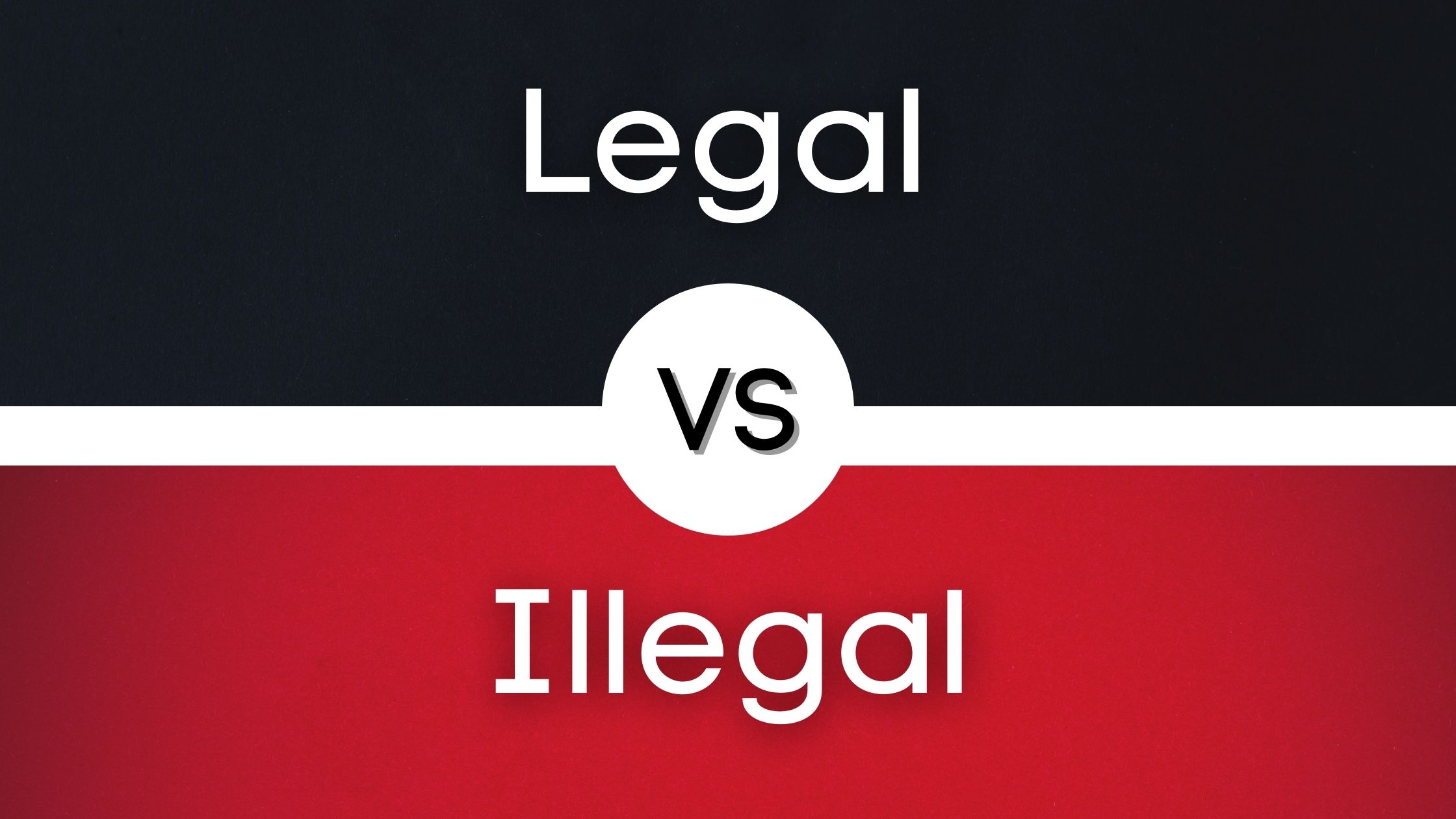In this comprehensive article, we will delve into the topic of when Is it Legal to back up on an Expressway. Expressways, also known as freeways or highways, are high-speed roads designed for swift and uninterrupted traffic flow. As such, the rules and regulations governing their use are crucial to ensuring the safety of all drivers and passengers. We’ll explore the legality of backing up on an expressway, exceptions, and the potential consequences of such actions.

What Is an Expressway?
Before we discuss the legality of backing up on an expressway, let’s define what an expressway is. An expressway is a controlled-access roadway, typically designed to allow high-speed traffic flow and to minimize the possibility of collisions at intersections. These roads usually have multiple lanes, limited access points, and various safety measures to ensure the efficient movement of vehicles.
Is it legal to park an RV in your Driveway?
General Rule: No Backing Up on Expressways
In most jurisdictions, the general rule is that it is not legal to back up on an expressway. This rule is put in place for several essential reasons. Firstly, backing up on an expressway can be extremely dangerous, as vehicles travel at high speeds, and sudden stops or reversals can lead to severe accidents. Secondly, the act of backing up disrupts the flow of traffic, potentially causing congestion and increasing the risk of collisions.
Exceptions and Special Circumstances
While the general rule prohibits backing up on an expressway, there might be certain exceptions and special circumstances where it is allowed or tolerated. These exceptions are typically in place to address emergencies or specific road situations that require such actions.
- Law Enforcement and Emergency Vehicles: Law enforcement and emergency vehicles, such as police cars, ambulances, or fire trucks, may sometimes need to back up on an expressway to respond to incidents quickly.
- Authorized Personnel: In some cases, authorized personnel, such as highway maintenance workers or construction crews, might need to back up temporarily to perform essential tasks. However, strict safety protocols are usually followed to ensure minimal disruption to traffic flow.
Consequences of Illegally Backing Up on an Expressway
Engaging in the illegal act of backing up on an expressway can lead to various consequences, both legal and safety-related. It’s crucial for drivers to understand these potential outcomes to avoid any unnecessary risks.
- Fines and Penalties: If caught and ticketed by law enforcement, drivers may face fines and penalties for violating traffic laws. The exact amount of the fine can vary depending on the jurisdiction and the circumstances of the violation.
- Traffic Citations: The driver’s record may receive points or traffic citations, which could lead to increased insurance premiums and potential license suspension in case of repeated violations.
- Increased Accident Risk: Illegally backing up on an expressway significantly increases the risk of accidents. Other drivers might not expect such sudden movements, leading to rear-end collisions or multi-vehicle accidents.
- Legal Liability: If an accident occurs due to illegal backing up, the responsible driver may be held legally liable for any injuries, property damage, or fatalities resulting from the collision.
Safe Driving Practices on Expressways
To ensure your safety and the safety of others on expressways, it’s essential to follow some fundamental safe driving practices:
- Plan Ahead: Before entering an expressway, make sure you are familiar with the route and exit points, reducing the chances of needing to back up or make sudden maneuvers.
- Maintain Proper Following Distance: Keep a safe following distance from the vehicle ahead to allow ample time to react to any sudden changes in traffic.
- Be Cautious in Emergencies: If you encounter an emergency situation on the expressway, try to pull over to the side safely. If backing up is the only option, use extreme caution and ensure there is no approaching traffic.
- Obey Traffic Signs and Signals: Pay close attention to all traffic signs, signals, and lane markings. They provide essential guidance and information for safe driving.
- Use Mirrors and Check Blind Spots: Regularly check your mirrors and blind spots to be aware of the surrounding traffic and avoid the need for sudden maneuvers.
In conclusion, backing up on an expressway is generally not legal, as it poses significant safety risks and disrupts the smooth flow of traffic. While there might be exceptions for emergency vehicles and authorized personnel, drivers should always prioritize safe driving practices and avoid engaging in illegal maneuvers. Understanding the rules and regulations governing expressway usage is crucial for ensuring everyone’s safety on the road.

